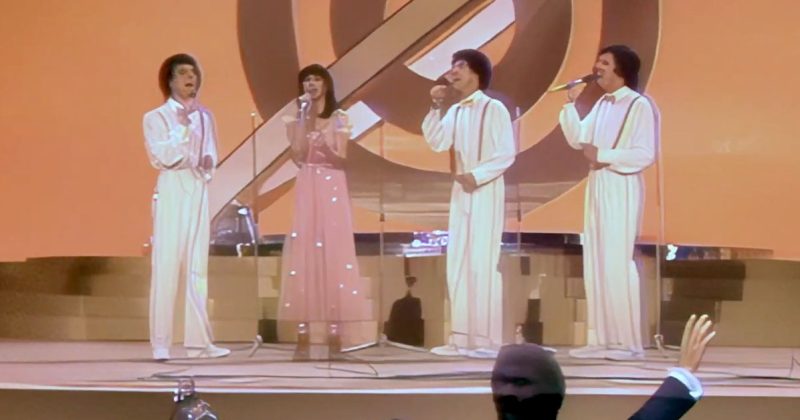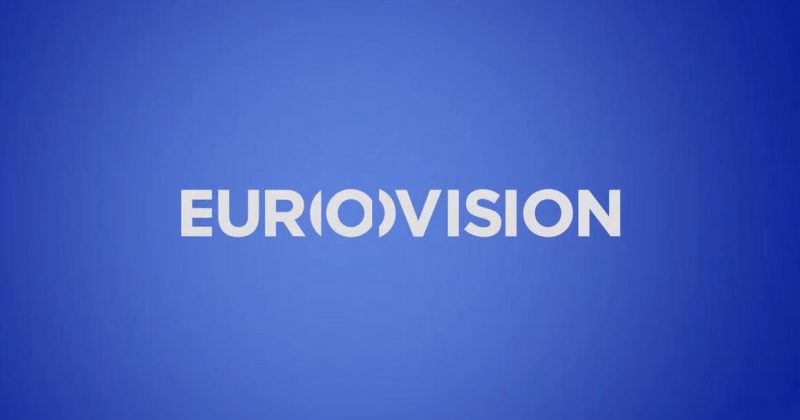
Writer of Eurovision 1979 winner reveals why it’s not her creative peak and shares her views on Israel’s current Eurovision challenges
Shimrit Or, who wrote the song “Hallelujah” that won the Eurovision Song Contest in 1979, revealed in an interview with Ynet celebrating her 80th birthday that despite the song’s phenomenal success, she does not regard it as the peak of her creativity, and she would not return to her Eurovision experience.
“It was a nice experience,” she said. “The song is very popular, worldwide, and we still get messages about new performances – the last I heard was from India. But it’s not a moment I would relive. I think the turning point was when I found the word ‘Hallelujah’, and then it just emerged from nowhere. I called my father (the songwriter Yaakov Orland) and he said, ‘Wonderful’. It really felt like a breakthrough. It is an eternal word that is part of many songs – religious and non-religious. The fact that it still works speaks for itself. As great as the song is, I don’t consider it my creative peak. If I had to choose my best song, I probably wouldn’t choose this one”.
A Hit-Making Career
Or wrote many songs for the Hebrew Song Festival and Israel’s Eurovision national selections (Kdam) during the 1970s, 1980s, and 1990s.
After a long break from writing competition songs, composer Yair Klinger approached her in 2000 during the Second Intifada, inviting her to participate in the 2001 national selection with “Ein Davar” (“Nevermind”) performed by Tal Sondak. “Klinger annoyed me. He came to the shop and said, ‘I want you to hear the melody and I already have a singer with a special voice’. It had been many years since I had written anything for Eurovision.
“The melody sounded like the old songs with a Russian fragrance, something not Eurovision-like at all, but comforting – and somehow the words ‘Ein Davar’ fit perfectly. That comfort spoke to people and that’s why it was successful in the selection. But before Eurovision they changed the arrangement, and suddenly the melody didn’t match the lyrics. It became an upbeat song, while the lyrics were sad. I erased the song from my memory”.
The song indeed won the national selection and represented Israel in Eurovision 2001, but only finished 16th.
Her View on Israel in Eurovision
After “Ein Davar” Or announced she would no longer write songs for the competition, yet in the interview she addressed Israel’s situation. “What’s happening now has political roots; you can call it antisemitic, racist, and we suffered from it in the past as well”.
Still, she has grown distant from the contest for additional reasons. “We lost our uniqueness when countries started singing in English. The songs all became very similar – In mood, costumes, and rhythms”.
Israel at Eurovision 2025
“New Day Will Rise” is the song performed by Yuval Raphael, who was chosen to represent Israel after winning the 11th season of “HaKokhav HaBa”. Israel advanced to the final after winning the second semi-final with 203 points and finished second overall with 357 points in the grand final. Israel ranked first in the public vote but only 14th with the jury. This marks the third consecutive year that Israel has reached the top five – an unprecedented achievement.
Eurovision 2026: This will be Israel’s 48th participation in Eurovision. Israel joined the contest in 1973 and has won four times. Its most recent victory was at Eurovision 2018 with the song “Toy”, performed by singer Netta Barzilai.

Email: [email protected]
Phone: +972-50-9441919
Maor Heumann has been writing about the Eurovision Song Contest and following it for over three decades. He has attended five contests and has found something to appreciate in almost every possible musical genre — from the sugary pop entries that finish last in the semi-finals to the quirky avant-garde pieces that even the competition’s juries struggled to connect with. He usually prefers original languages and songs with depth over Swedish-produced English clones — though he doesn’t promise to stick to that rule.
He grew up on the kibbutz of Sara’le Sharon, who instilled in him a love for music and created his first connection to the contest back in 1993 — before most of the current editorial team was even born.









